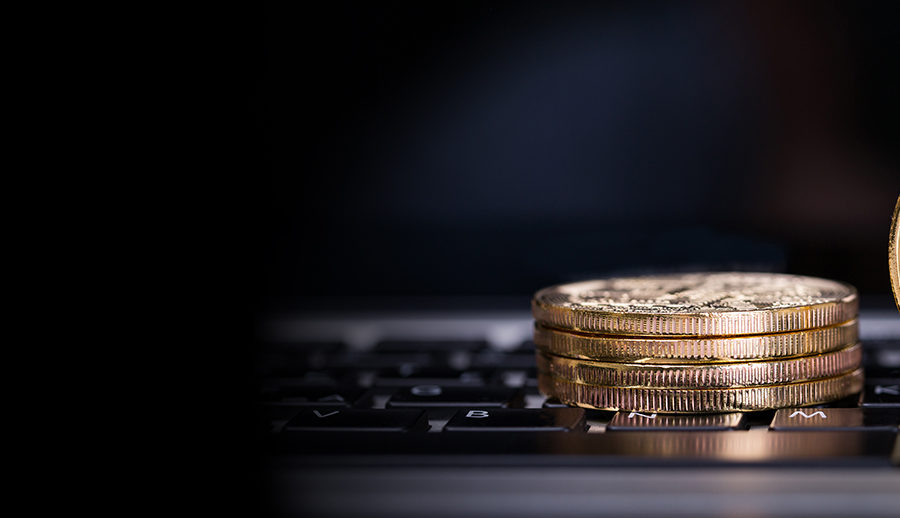
Admit it. In the dark recesses of your mind, you hope there’s an easy—OK, somewhat easy—way to score big financially without all that hard work, the long hours and the gut-wrenching tension about “the deal.” It’s like that tip about Apple stock before it became a highflyer.
Well, relax, there’s always cryptocurrency. Like a day trader gone wild, it allows you to take a stab at the big time, without … well, there might be some risk.
One of the most frequent non-IT questions that people ask me is about Bitcoin or cryptocurrency. I dabble in it with a high degree of restraint. If you hear the term Bitcoin but are unsure of what it is and whether you should take the plunge, here are some basics.
What is Bitcoin or cryptocurrency? In 1999, Satoshi Nakamoto created Bitcoin. (The name is a pseudonym.) Transactions are bankless. Yes, no bank involvement. You can pay for items, but most of the people who dabble do it to get wealthier by trading—because prices have skyrocketed. In its simplest form, it is a digital form of currency. (Keep in mind that in addition to Bitcoin, there are literally thousands of different types of cryptocurrencies.)
What’s its appeal? You can buy (some) merchandise and sell your bitcoins anonymously. It makes international payments inexpensive and easy, which means it bypasses international regulations. It appeals to some as a way to sidestep credit card fees. To others, it’s a trading item they hope will rise in value.
How do you use it? You can buy or sell Bitcoins through “Bitcoin exchanges,” a sort of central exchange. These vary, but popular ones include Coinbase, Bitstamp and Bitfinex. Don’t forget, security can be an issue. Hackers stole millions after puncturing Bitfinex security.
Is it difficult to use? It’s simple to buy, sell or send Bitcoins via apps or your computers. Just like sending digital cash.
Where do I keep my Bitcoins? You store them in a “digital wallet” that hides in the cloud or your computer. Consider it your virtual banking account. Just remember: There’s no FDIC, so if it disappears … there’s no government insurance to bail you out. (If someone hacks you, a virus wipes you out, or you accidentally delete your account, you’re SOL.)
What else is the appeal? A simple word: Anonymity. All transactions are in a public ledger. But no one knows the actual seller or buyer. (This might explain its popularity among the drug-buying crowd and others involved in nefarious activities.) Plus, it has that tinge of secrecy we all enjoy.
Does Bitcoin (or other cryptocurrencies) have a future? No one knows. It remains unregulated, but Japan, China and Australia are making sounds about regulation. The sticking point for governments is their inability (so far) to tax transactions, and their lack of control over the currency leaves them uncomfortable.
Should I take a stab at Bitcoin (or other cryptocurrencies)? I would offer three suggestions. First, learn as much about it as you can. There’s a mountain of information on the Internet. Second, talk to someone who has indulged. Third, and this is sage advice with any investing, ask yourself: Can I absorb the loss if I’m wiped out? I’m suggesting that you might not want to swap your retirement fund and your wife’s Roth IRA for Bitcoin trading. But if you have the funds and the stomach for some risk, you might enjoy the ride.

